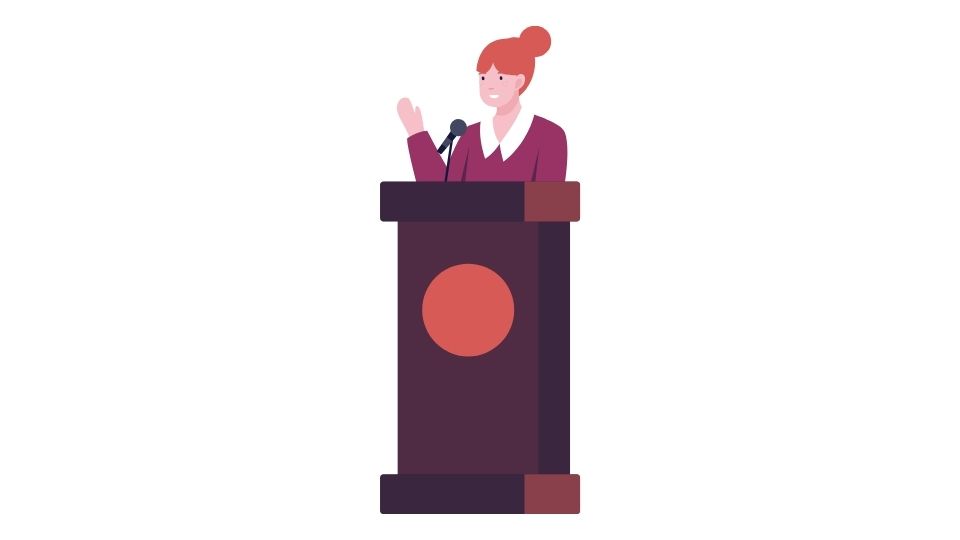Politics isn’t a game for the faint of heart. Whether you’re helping craft policy, running campaigns, or navigating the halls of power, you need a specific toolkit to succeed.
Let me break down the skills you need to thrive in the political arena – from the hardcore analytical abilities to the people skills that’ll help you build coalitions and influence decision-makers.
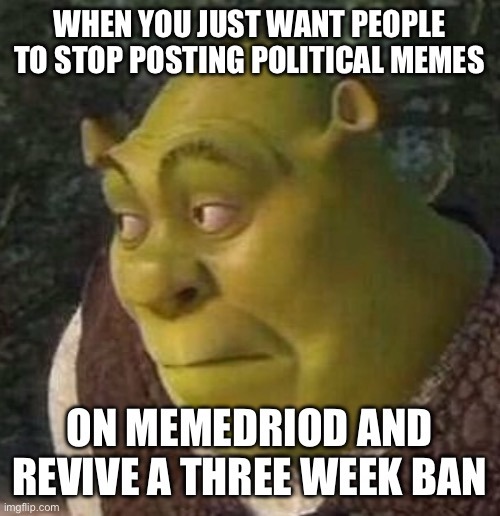
The Essential Political Toolkit: Skills You Need to Succeed in Politics
Think of this as your roadmap to political effectiveness. No matter if you’re aiming to be a policy wonk, campaign strategist, or elected official – these are the skills that separate the political professionals from the amateurs.
Communication: Your Political Superpower
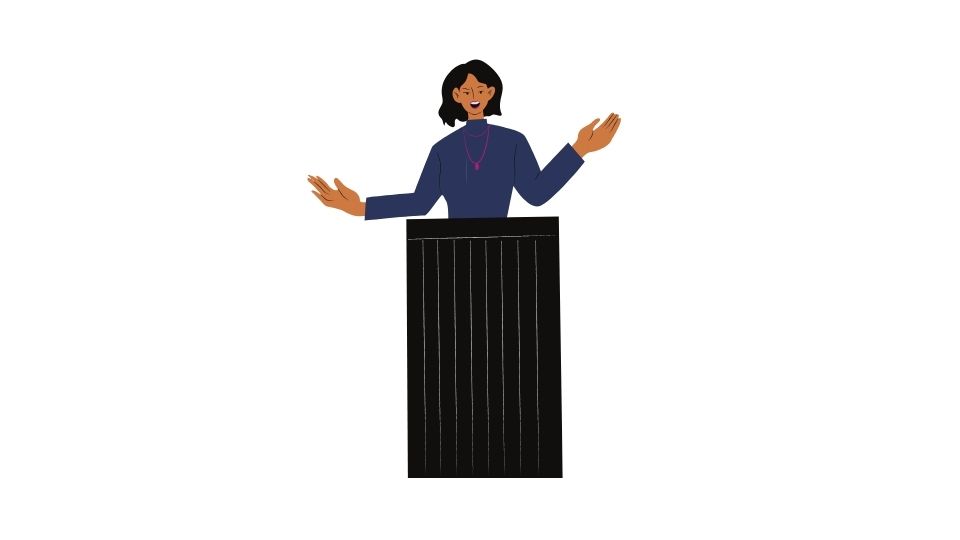
If there’s one skill that defines political success, it’s the ability to communicate effectively. And I’m not just talking about not stuttering during a speech.
Verbal communication is everything in politics. You need to articulate complex ideas in ways that resonate with both experts and everyday citizens. Research shows that politicians who master storytelling and clear messaging consistently outperform their more technically skilled but communication-challenged counterparts.
Written communication matters just as much. From policy briefs to social media posts, your writing needs to be clear, persuasive, and tailored to your audience.
And speaking of social media – digital communication skills are non-negotiable in modern politics. One poorly worded tweet can torpedo a campaign faster than any opposition research.
The ability to read a room and adjust your communication style is what separates political masters from the one-term wonders. Whether you’re addressing donors, constituents, or negotiating with opponents, you need to speak their language.
Research and Analysis: The Foundation of Political Credibility
Politics without solid research is like building a house on sand – it might look good for a minute, but it’ll collapse quickly.
Data analysis skills are increasingly crucial. Political professionals who can interpret polling data, demographic trends, and economic indicators make better strategic decisions.
But it’s not just about crunching numbers. You need qualitative research skills to understand the human stories behind the statistics. The best political operators combine both.
Critical thinking skills let you cut through misinformation and spin to identify what really matters. In a world of information overload, the ability to separate signal from noise is priceless.
Strategic Planning: Playing Political Chess, Not Checkers
Politics is ultimately about making things happen in complex environments with lots of competing interests. That requires strategy.
Strategic thinking means understanding not just what’s happening now, but anticipating what comes next. The best political minds are always three moves ahead.
Resource allocation skills are essential when you’re working with limited time, money, and political capital. Knowing where to invest your resources for maximum impact can make or break a campaign or policy initiative.
Risk assessment abilities help you navigate potential pitfalls. Political risk analysis shows that predicting where opposition might emerge and preparing contingencies gives you a massive advantage.
People Skills: Building Your Political Coalition
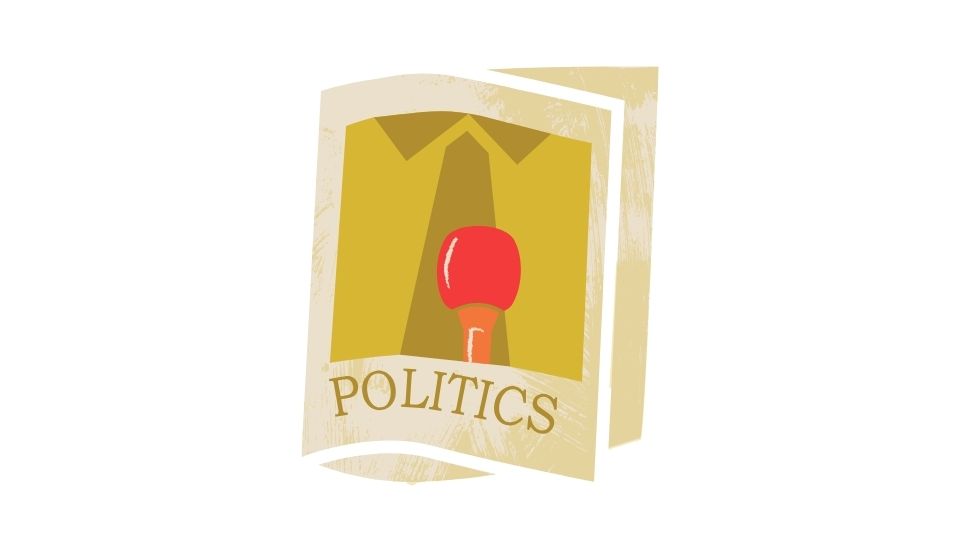
Politics is a team sport, and solo operators rarely succeed long-term.
Leadership isn’t just about being in charge – it’s about inspiring others to join your cause and giving them the tools to succeed. The most effective political leaders know how to delegate and empower their teams.
Negotiation and conflict resolution skills are the difference between getting something done and endless gridlock. Finding common ground with opponents without compromising your core principles is political artistry.
Networking might sound like a dirty word, but building genuine relationships across the political spectrum is how things actually get done. Your network becomes your most valuable asset.
Emotional intelligence – the ability to read others, manage your own emotions, and navigate tense situations – separates the political professionals from the amateurs who flame out after their first controversy.
Ethics and Integrity: Your Political Compass
It might sound old-fashioned, but ethical decision-making remains essential in politics. Without it, you might win in the short term, but you’ll lose the public trust that enables long-term success.
Transparency builds trust with constituents and stakeholders. Studies consistently show that transparent governance correlates with higher public trust.
Consistency in your values while still being able to evolve as circumstances change is a difficult balance to strike, but essential for building credibility.
Specialized Political Skills Worth Developing
Beyond these core competencies, several specialized skills can give you an edge:
- Policy expertise in specific areas (healthcare, education, energy, etc.) makes you invaluable to decision-makers
- Budgeting and financial literacy helps you understand the fiscal realities constraining political decisions
- Polling and public opinion analysis skills let you track how messaging is landing with key audiences
- Crisis management abilities prepare you for the inevitable political storms
- Multicultural competence enables you to work effectively across diverse communities
How These Skills Play Out in Different Political Roles

Different political careers emphasize different skill combinations:
Campaign staffers need communications, digital media savvy, and an ability to work intense hours under pressure.
Policy advisors rely on research, writing, and the ability to translate complex ideas into actionable recommendations.
Elected officials combine public speaking, negotiation, and coalition-building to advance their agendas.
Political consultants leverage data analysis, strategy, and communication skills to guide candidates and causes.
The Path Forward: Developing Your Political Skill Set
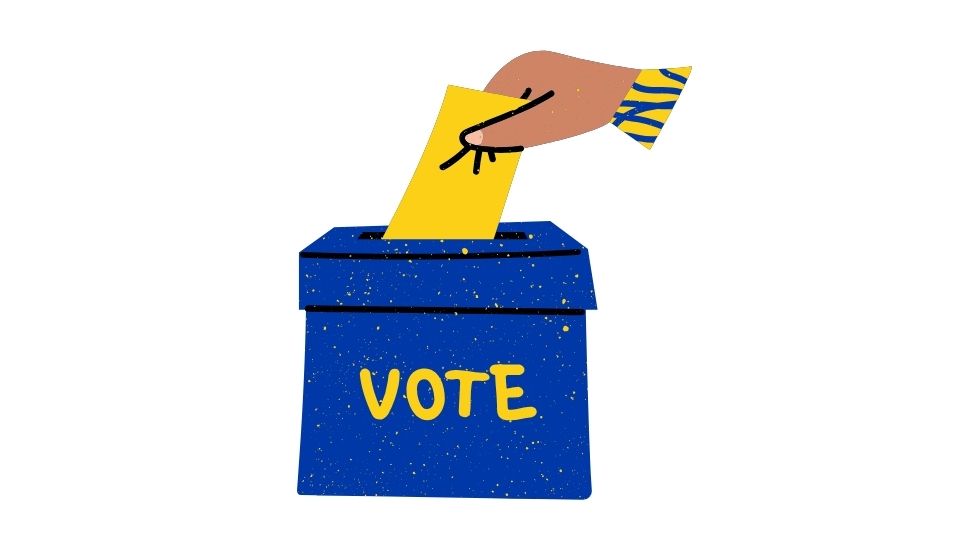
The good news? All of these skills can be developed through practice and experience.
Start by honestly assessing where your strengths and weaknesses lie. Are you a natural communicator but struggle with data analysis? Or maybe you’re a research whiz who gets nervous speaking to groups?
Find mentors who excel in areas where you need growth. Politics is full of experienced hands who are often willing to guide newcomers.
Seek practical experience through campaigns, community organizing, or government internships. There’s no substitute for learning by doing in politics.
Formal education in political science, public policy, communications, or data analytics can provide valuable frameworks and credentials.
Remember that political effectiveness isn’t just about what you know – it’s about how you apply that knowledge in real-world settings with real people. The most successful political operators combine technical skills with people skills, principles with pragmatism, and vision with attention to detail.
Politics isn’t for everyone, but for those drawn to public service and policy change, developing this skill set opens doors to meaningful impact on issues that matter.

